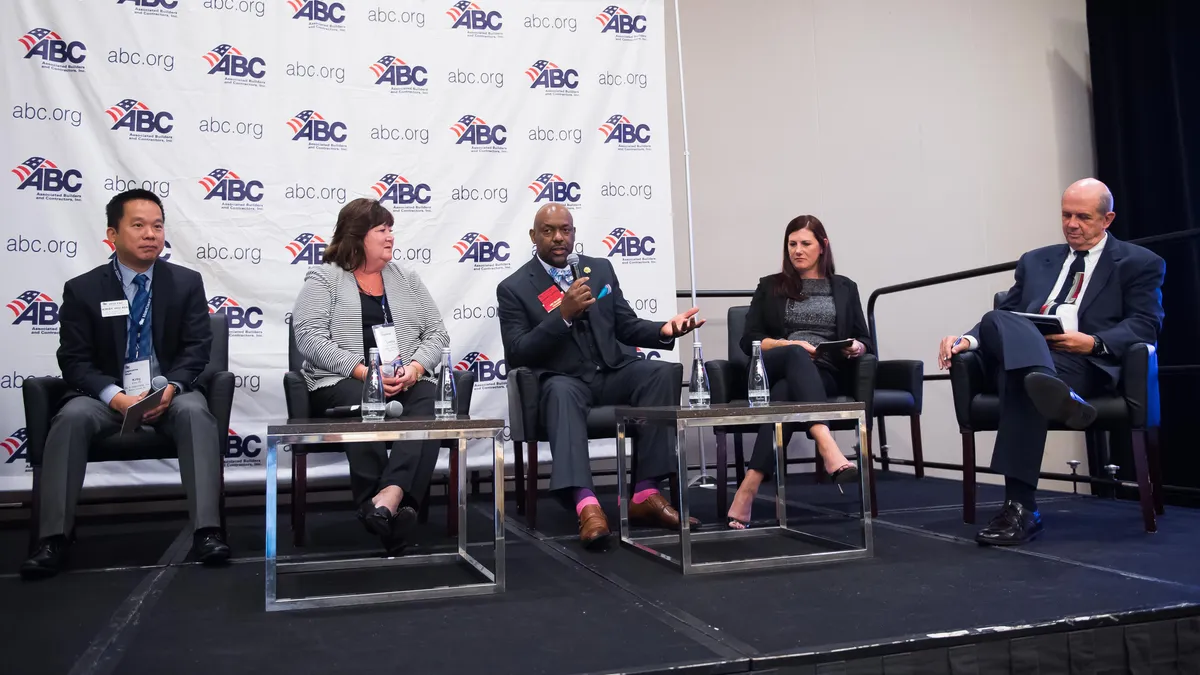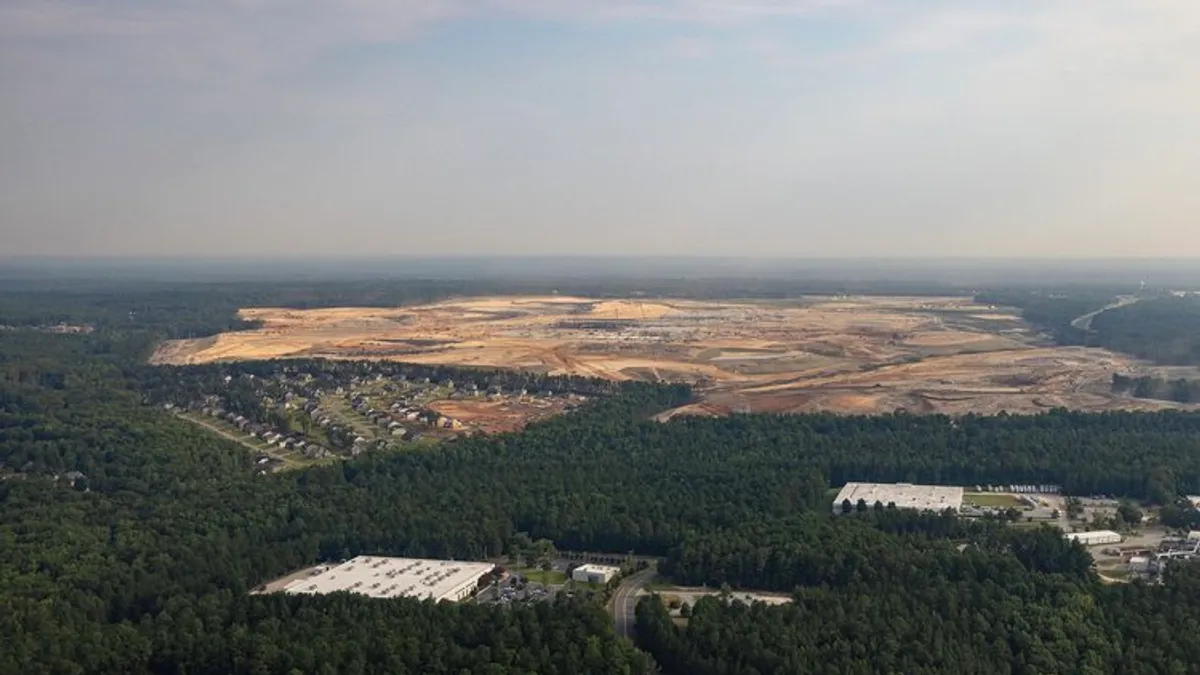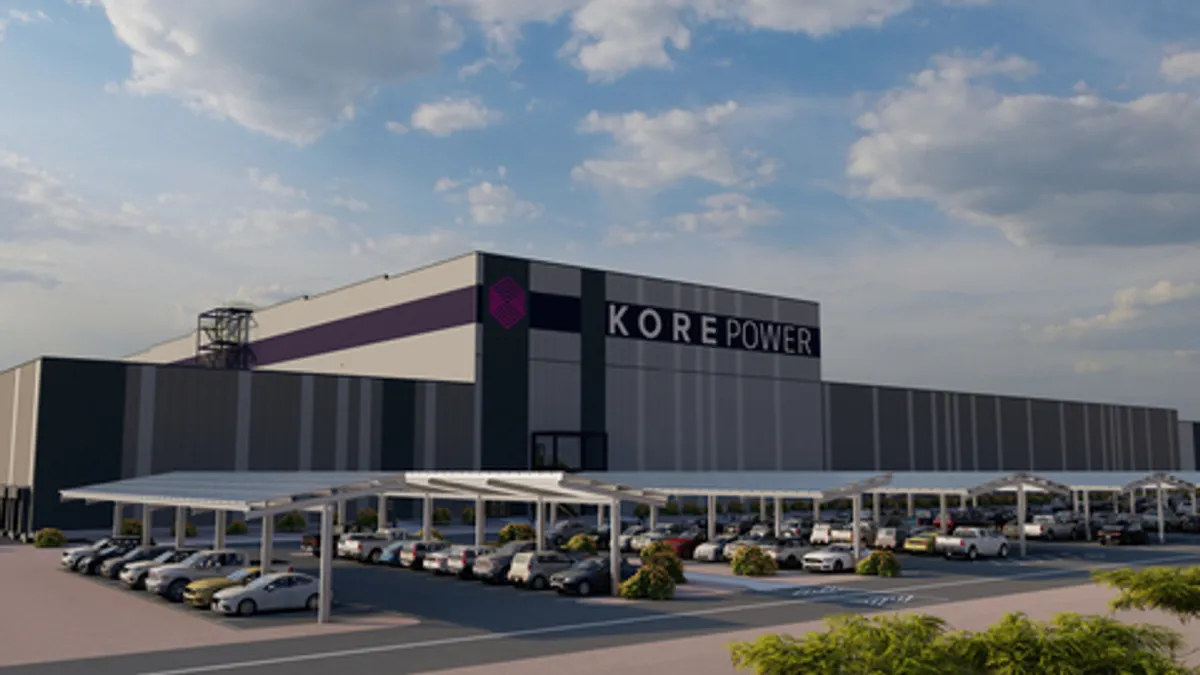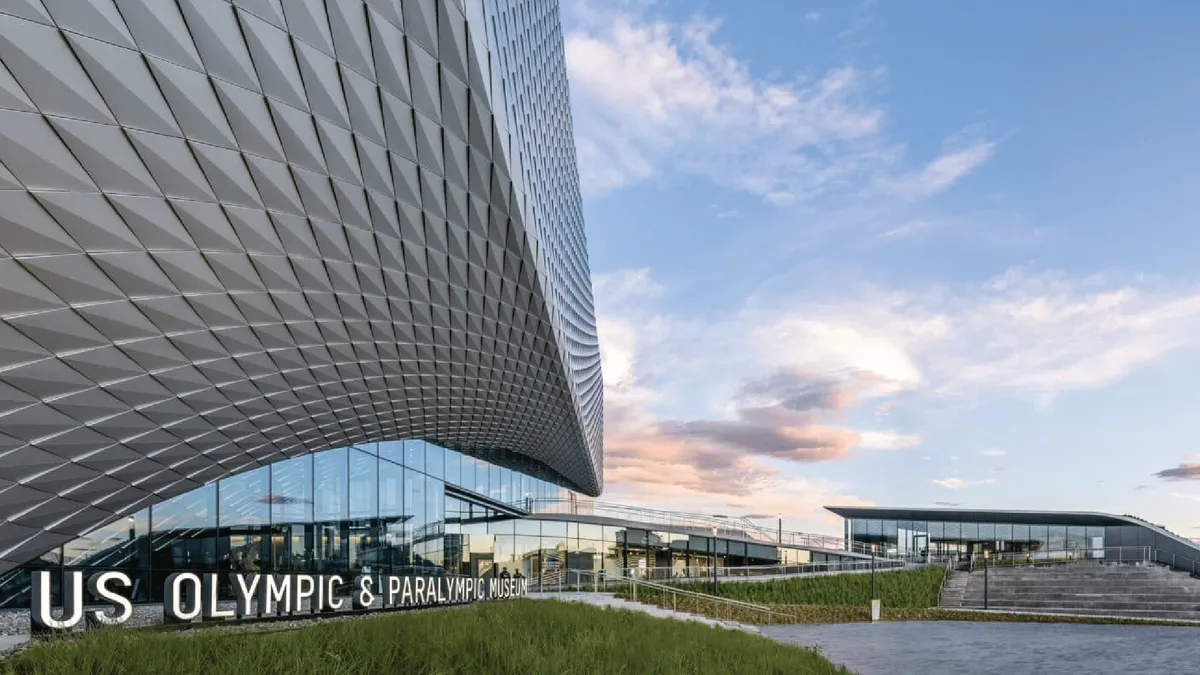Top image, from left to right: Kirby Wu, Wu and Associates; Tish Haley Barker, Haley Greer; Larry Lopez, Green Jobworks; Lenee Koch, LEI; Dennis Walker, United Rentals
The construction industry is notoriously slow to embrace change. In some cases, that adherence to tradition has helped maintain its status as a crucial component of the global economy. In other elements of the industry, however, that resistance has resulted in stagnant efficiency and an "old-school" mentality that is keeping younger generations from choosing careers in construction.
One glaring area where construction lags far behind other industries — diversity — was the subject of an Associated Builders and Contractors event last week. According to the Bureau of Labor Statistics' 2015 data, the construction workforce last year was 28.5% Hispanic/Latino, 9.3% female, 6.0% black, and 1.8% Asian. The ABC's second annual Diversity & Inclusion Summit in Washington, DC, brought together construction executives and stakeholders to discuss the issue and possible ways to improve diversity in the industry.
Diversity offers companies a 'competitive edge'
Construction executives on one panel emphasized the fact that they shouldn't be viewed only as minority-owned businesses. Kirby Wu, president of Wu & Associates, said, "Our business model is not to promote that we're a diversity-owned business first. We promote that we're a good construction company, and by the way we're diverse."
He added, however, that diversity can have a significant impact on company culture and success. "If you're not aware that your company's not diverse and you're not paying attention, you're never gonna get there," he said. "When I interview candidates, they're very comfortable coming in. They see all the diversity here. I think we have a competitive edge when we're trying to hire candidates. We have a culture and work environment that the employees will feel comfortable going to."
Larry Lopez, president of Green JobWorks, said he believes greater diversity is a natural direction for construction and all industries. "For me, one of the things that's really important is to understand that our world is changing," he said. "People look different and are different. We are a culture of immigrants."
Joint ventures with MBEs can boost both businesses
Another session focused on the benefits of forming joint venture relationships with Minority Business Enterprise (MBE) partners. Representatives from small and large industry players discussed their experiences forming JVs — a common practice for larger projects.
Chrystal Stowe, director of business development for Smoot Construction, said her company has established several JV relationships in an effort to "get to know" other firms better, or if Smoot has experience in a particular market sector that a larger company wants to tap into. "We're trying to position ourselves to be successful with the client the next time around," she said.
Michael Russell, CEO of H.J. Russell & Company, said joint ventures add value for his company because they can "grow our business and grow our people capacity." Russell added that, ultimately, JVs should work to improve the project experience for the client. "It's a matter of making sure we understand what the client wants ... We are aligned to make sure we’re satisfying the clients needs' first."
Partnerships between large and small companies can also take on more of a "mentor-protegee" direction, according to Brad Lewis, director of supplier diversity for Hensel Phelps. That mentor-protegee relationship "seems to be the key to success," he said.
However, the panelists advised companies to scrutinize any potential partnerships and make sure the JV is the right fit.
Amber Peebles, president of service-disabled veteran, woman-owned small firm Athena Construction Group, said she understands how difficult it can be to succeed as a small business. She added, though, that smaller firms shouldn't "grab at the first thing that comes" their way.
Stowe compared choosing a JV partner to dating. "It's like when you hear a little voice saying 'he's not the one,'" she said. "One key to marriage is communication. It's the same thing with joint ventures. It’s OK that we have different styles of communicating. We're still talking. When the principals demonstrate value of communication with the JV, that's a key to success. When you can't communicate with the principal and there are bumps in the road, maybe they're not the best JV partner."
MBEs have greater obstacles, but opportunities are expanding
The panelists agreed that despite the opportunities in the industry to help smaller, minority-owned businesses to grow, establishing a strong presence is no easy task. One major concern occurs when larger companies use MBEs only to satisfy their credit requirements for projects, rather than to create a mutually beneficial relationship with a company.
Linda Graves, vice president of diversity and community affairs for Gilbane Building Companies, said she has a Google alert set up for "DBE fraud," and recently, the news has been flooded with these cases. She advised MBEs to "be clear about your worth. Don't be used just for MBE credits."
Lenee Koch, executive vice president of electrical contractor LEI Companies, said despite the fact that minority-owned certification can be "controversial," her company "would not be where we are today ... had it not been for the city of Denver's local minority business enterprise program." She added, "What was really key for us was there were some premier electrical contractors, and we were learning. If it weren’t for a minority business goal, we would not have had the opportunity to strategically partner with those companies."
Lopez said small businesses' greatest obstacle is to become known in the community and in the industry, and being a minority in construction can make that obstacle even larger. "If you're a small business, you can feel small. You can feel insignificant sometimes in a room full of people who don't look like you or act like you," he said. "But you've got to come out of your shell a little bit. You have to meet people. You have to make connections. Business is done with relationships."




















